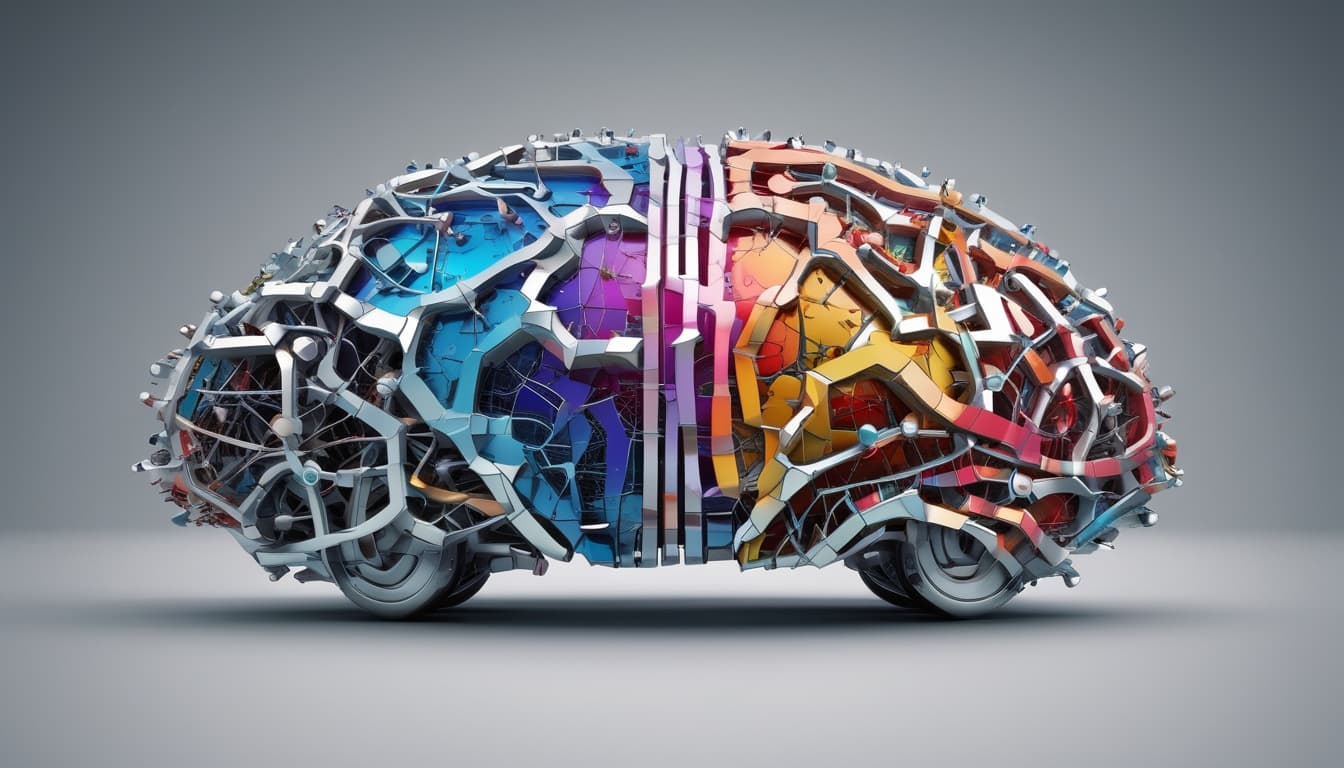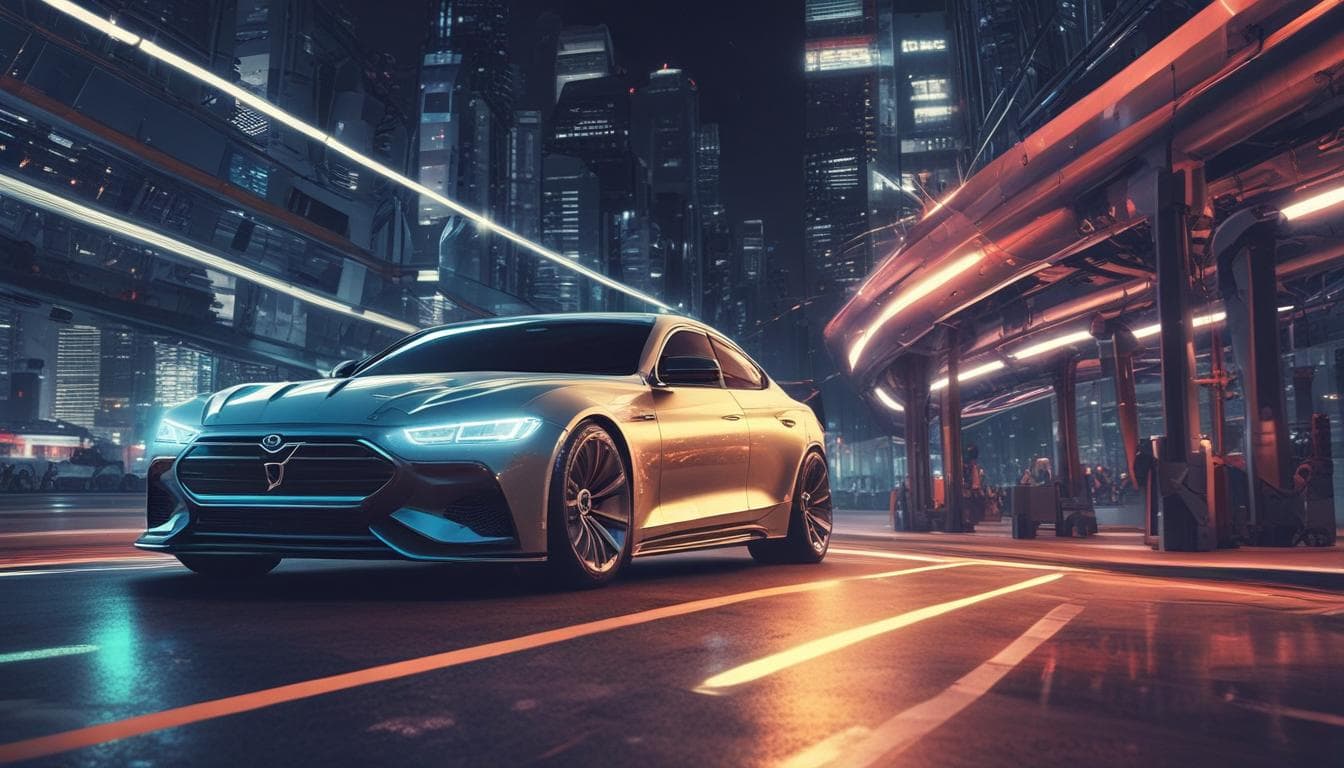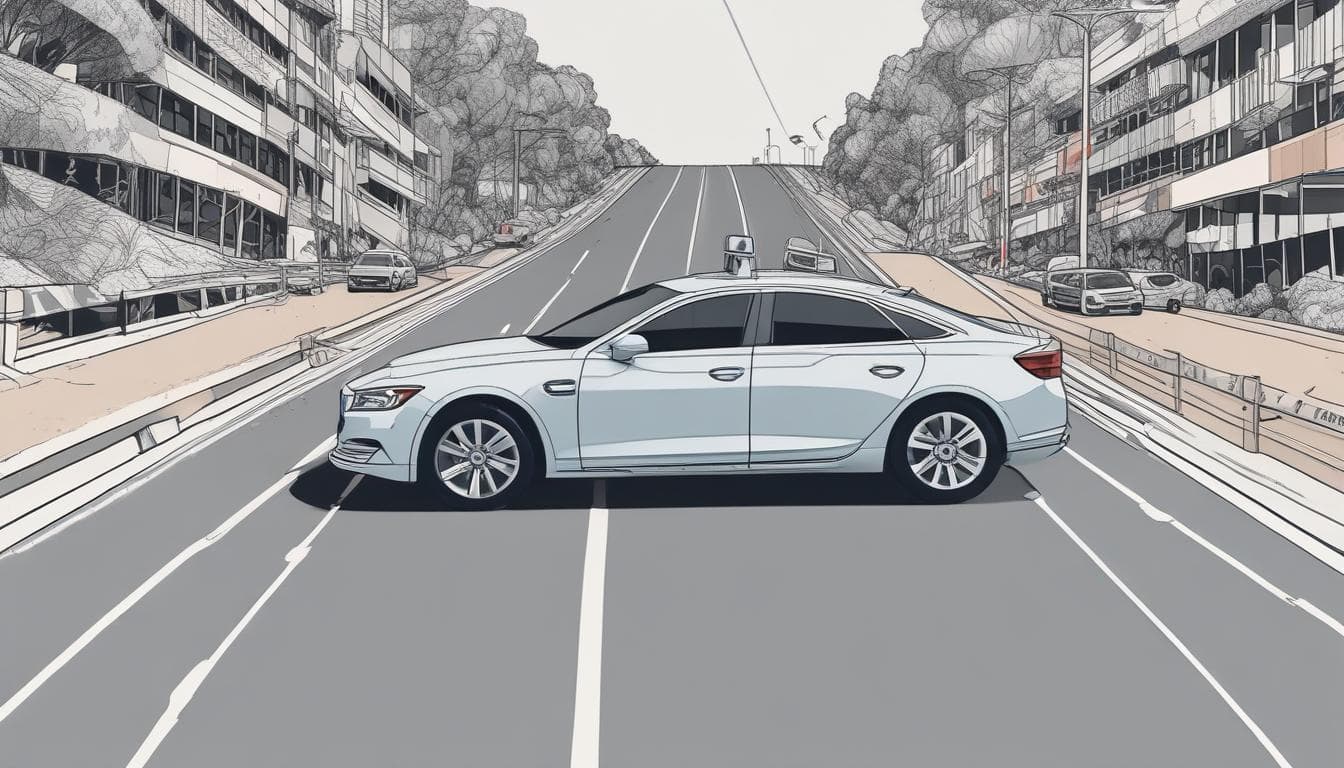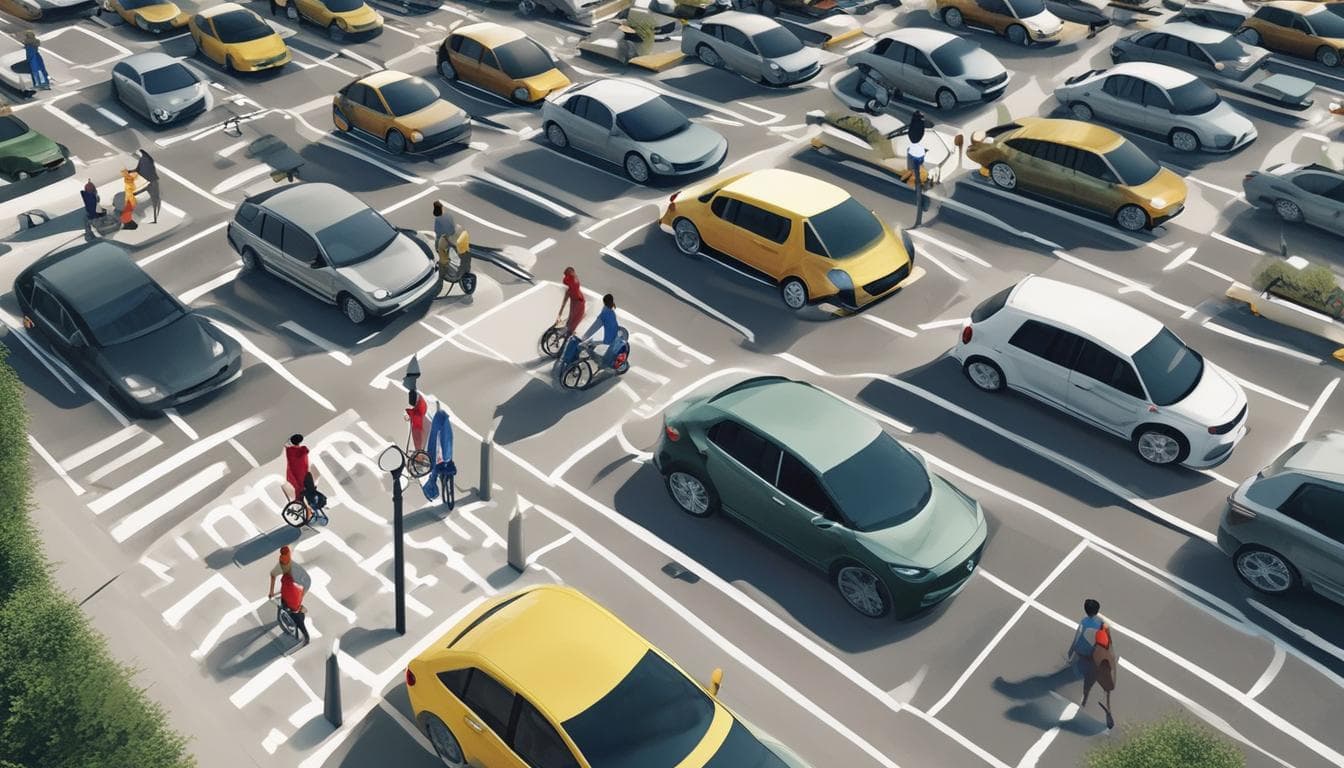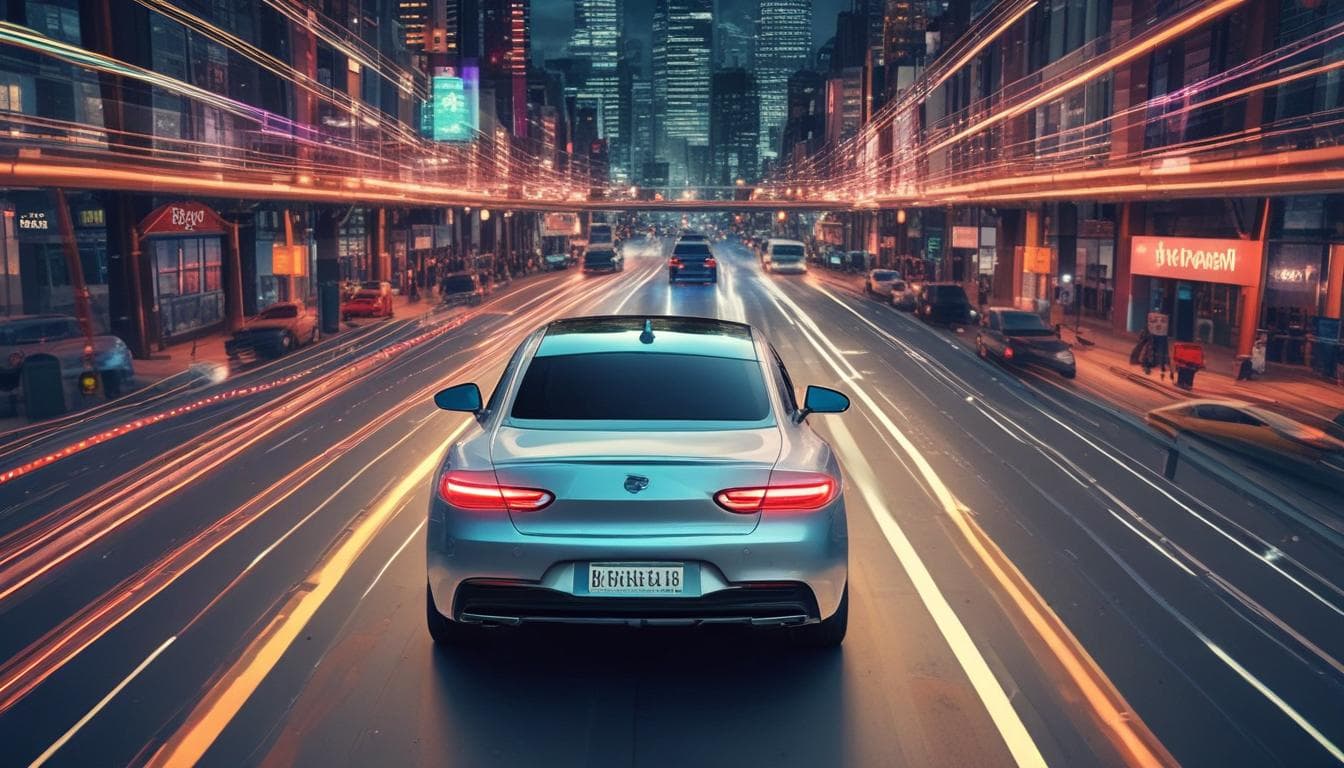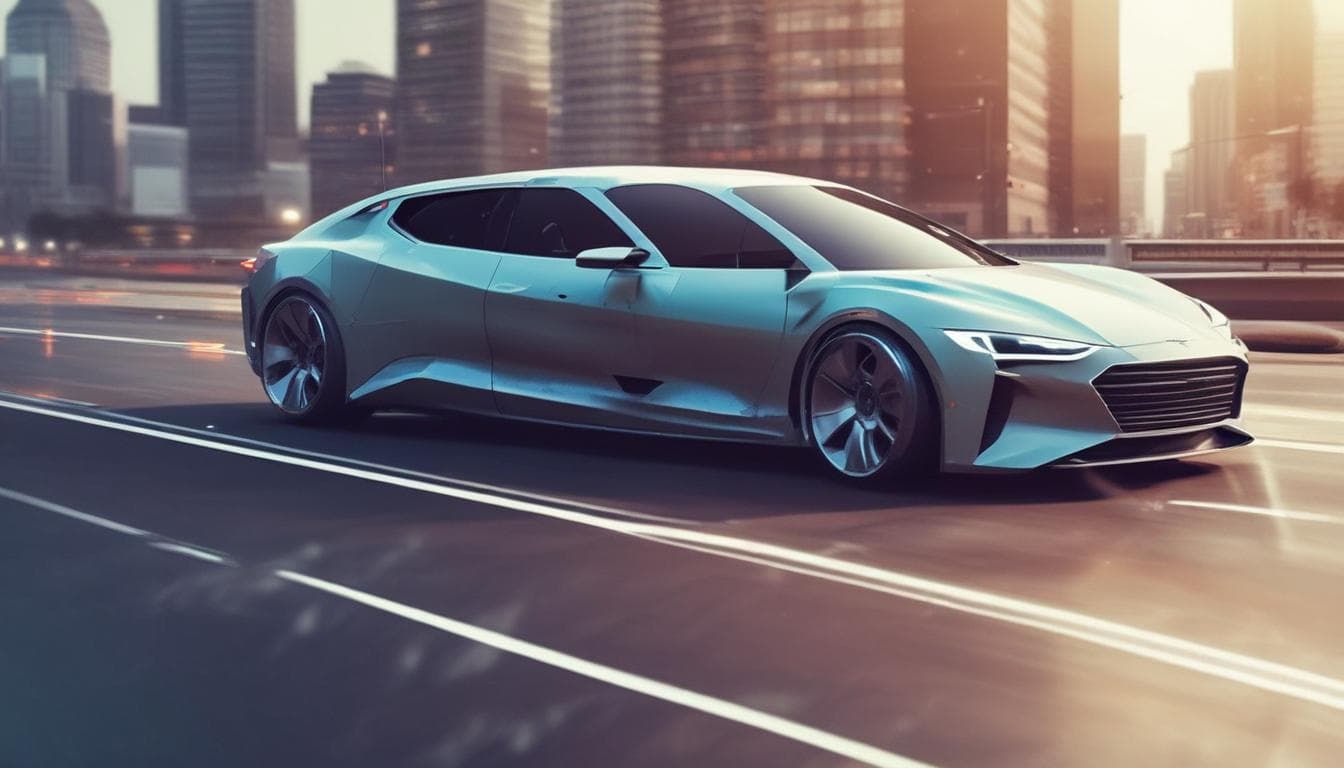With the increasing sophistication of AI in vehicles, how do you envision the future of car ownership evolving? Will we see a shift towards personalized AI-managed fleets that cater to individual needs, or will the emotional connection to personally owned vehicles remain strong? What factors might influence this evolution, and what are the potential societal implications?
The future of car ownership is poised for significant transformation, primarily driven by advancements in AI and changing consumer behaviors. With AI technologies becoming more sophisticated, we are likely to witness a shift where personalized AI-managed fleets play a critical role. Here's how I see this evolution unfolding:
AI and Car Ownership
- Personalized Fleets: AI could enable the creation of personalized fleets tailored to individual preferences, offering a selection of vehicles for different needs and occasions. This would cater to consumers who value flexibility and efficiency over traditional ownership.
- Emotional Attachment: Despite the rise of AI and technology, the emotional connection to personally owned vehicles might not diminish entirely. The joy of driving, customization, and the notion of owning something unique may continue to attract a segment of car enthusiasts.
Influencing Factors
- Technological Advancements: As we see more developments in AI, such as how Extended Reality (XR) is transforming the automotive industry, the interaction between vehicles and users will revolutionize, making personalized services more feasible.
- Shift to Mobility Solutions: The trend towards Mobility-as-a-Service (MaaS) is significant. Exploring the transformative impact of MaaS could lead to a reduced emphasis on ownership, focusing on usership instead.
- Sustainability: Environmental concerns and regulations might push the market towards more shared and sustainable vehicle solutions facilitated by AI.
Societal Implications
- Economic Shift: The automotive industry's landscape could see an economic shift, with traditional car manufacturers adapting business models to incorporate subscription and shared services.
- Job Changes: AI and automation might impact job markets, necessitating new skills for automotive professionals.
- Urban Planning: Cities might adapt infrastructures to accommodate autonomous and AI-managed fleets, impacting everything from parking to traffic management.
In conclusion, while the AI-managed fleet concept is compelling, the future will likely consist of a hybrid model where both traditional ownership and innovative AI-driven solutions coexist. This blend will cater to diverse consumer segments while maximizing technological and economic potentials. For a deeper dive into technological impacts on the automotive industry, consider checking out The AI Revolution in Automotive.
探索更多相关内容
加入讨论
- 未来汽车:移动的个人健康管理中心?机遇、挑战与展望
探讨未来汽车如何转变为“移动个人健康管理中心”,实时监测身体指标、提供个性化建议。分析其对日常生活、健康习惯的影响,以及带来的机遇、挑战,包括隐私、数据安全和跨界合作等问题。
- 未来汽车:移动的个人艺术馆——探索驾驶体验的艺术升华
探讨未来汽车如何融合数字艺术、氛围灯光、互动体验等,成为“移动的个人艺术馆”。分享您对个性化“移动艺术空间”的创意,以及这种结合对汽车设计、文化和出行方式的深远影响。这是否预示着一个将驾驶体验提升至艺术欣赏层面的全新汽车时代的到来?
- 未来十年,汽车能否成为真正的“移动之家”?
探讨未来十年汽车发展趋势,除了自动驾驶和电动化,还有哪些科技进步能让汽车成为更舒适、智能和娱乐的移动空间?如何改变我们的出行和生活?
